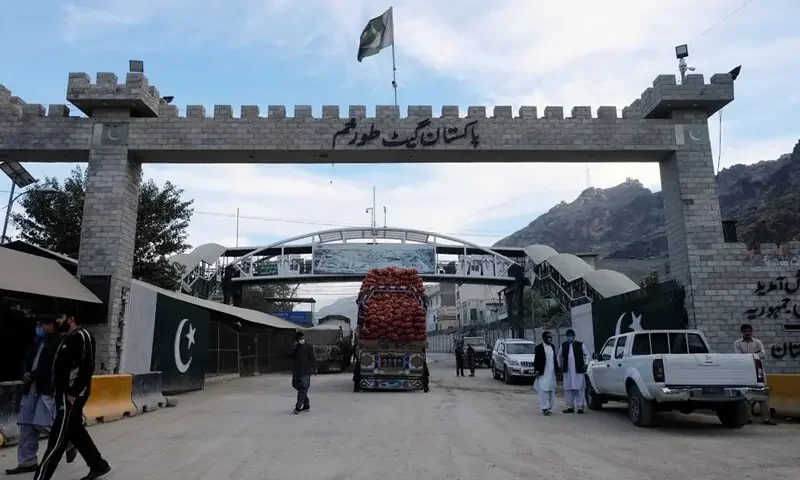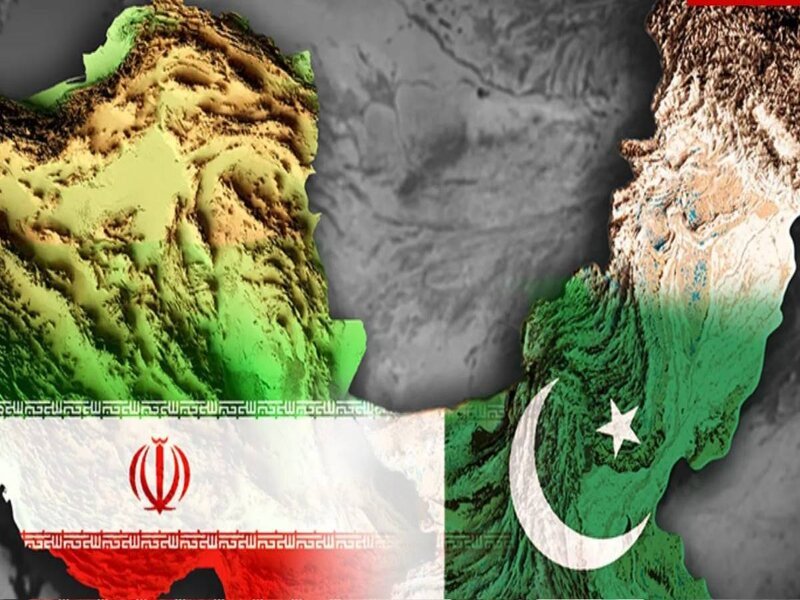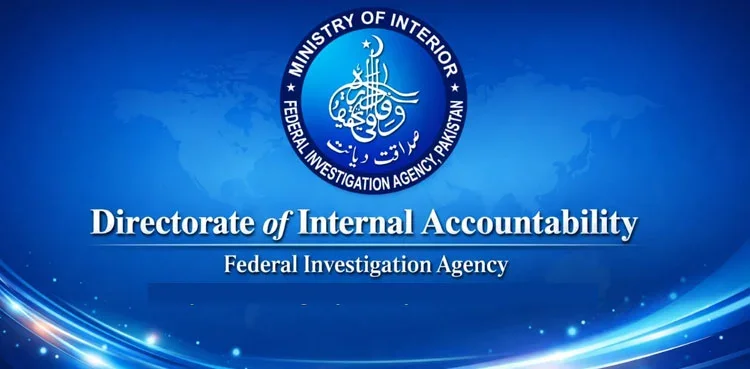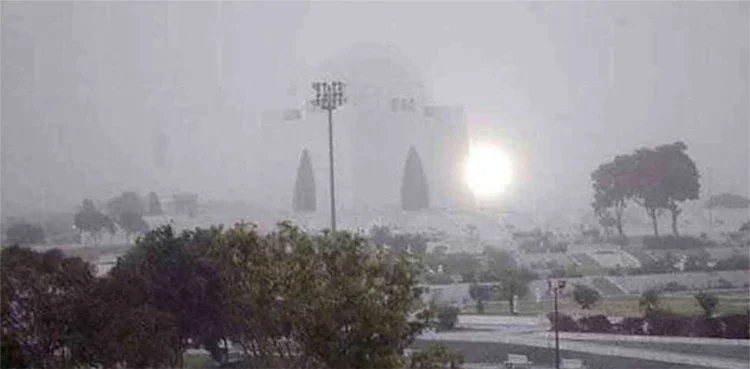The month-long closure of the Torkham border between Pakistan and Afghanistan has resulted in significant economic losses for both nations. Reports indicate that trade worth over $4.5 billion has been disrupted, alongside Rs. 16.5 billion in lost exports and imports.
Industries across Khyber Pakhtunkhwa, Punjab, and Sindh have been particularly affected, with production delays, stalled shipments, and slowed business activities across multiple sectors. The prolonged shutdown has also weakened Pakistan’s trade position in Afghanistan, with estimates showing that the country has lost around 65% of its Afghan market share, as Iran, Turkey, and Central Asian nations have stepped in to fill the gap.
This market shift is concerning for exporters who have historically relied on Afghanistan as a key destination for their products. Many business leaders and industry representatives are now urging the Pakistani government to implement policies that facilitate trade and separate commercial activities from political disputes. They emphasize that the disruption is not only affecting businesses but also impacting employment, local industries, and the broader economy.
Reopening the Torkham border and ensuring uninterrupted trade is seen as essential to restoring market confidence and safeguarding Pakistan’s regional trade position. Experts recommend introducing trader-friendly measures, streamlining logistics, and providing exporters with timely approvals and support.
Such steps could help reclaim lost market share, stimulate economic activity, and strengthen bilateral trade relations. The business community is hopeful that decisive government action will revive cross-border commerce and bring stability to industries affected by the border closure.





































